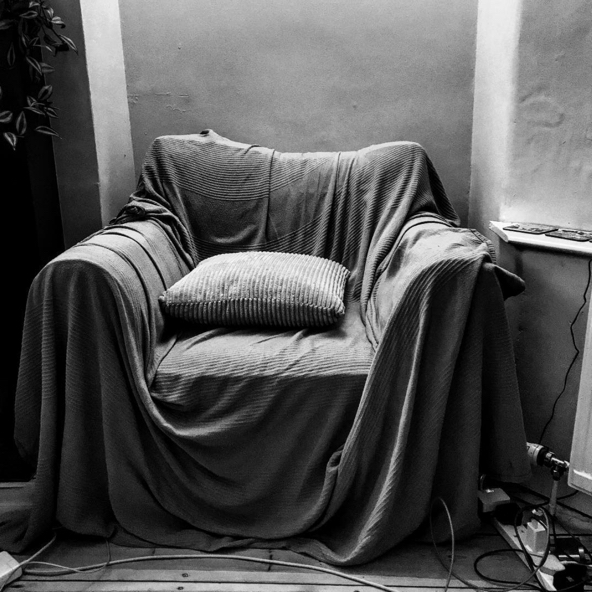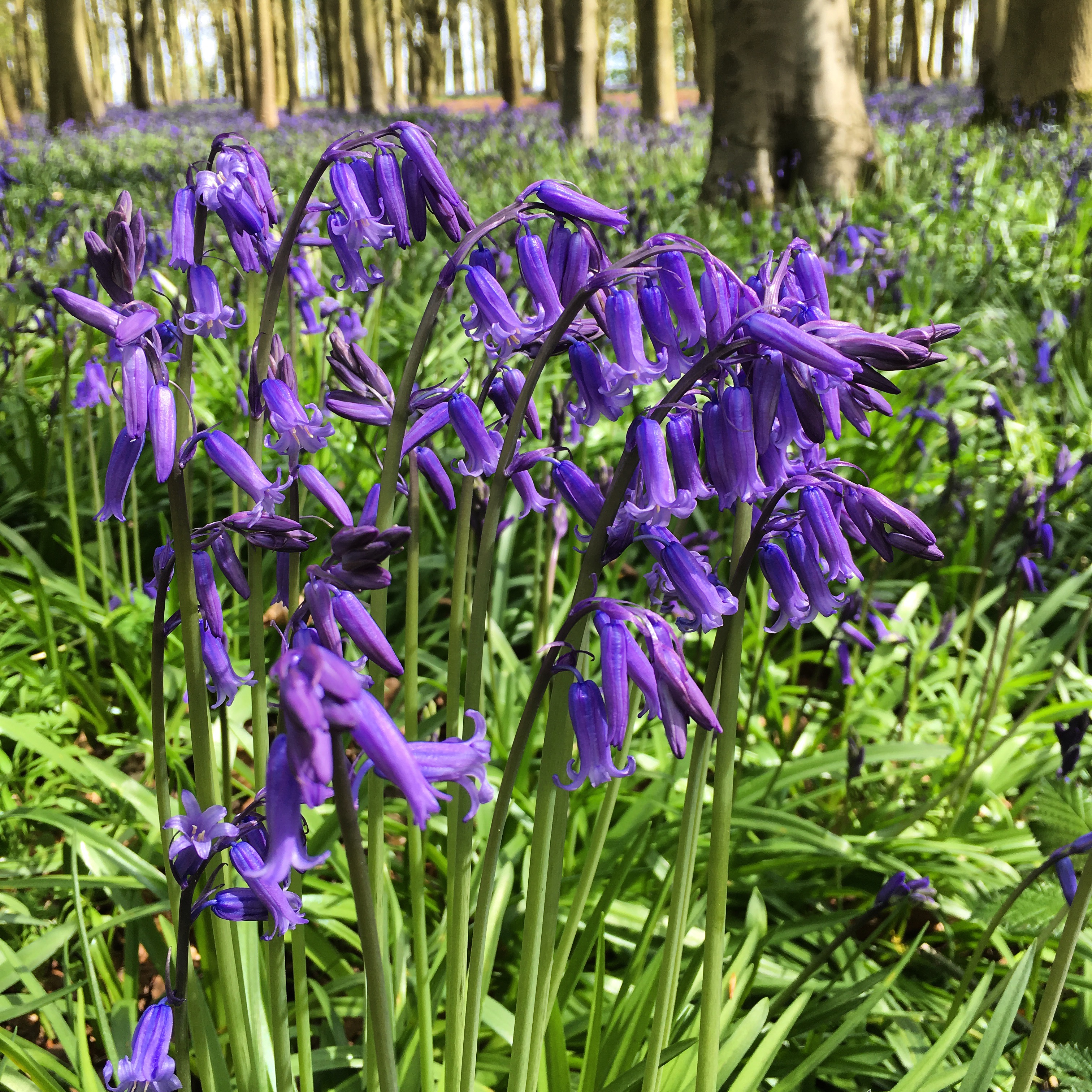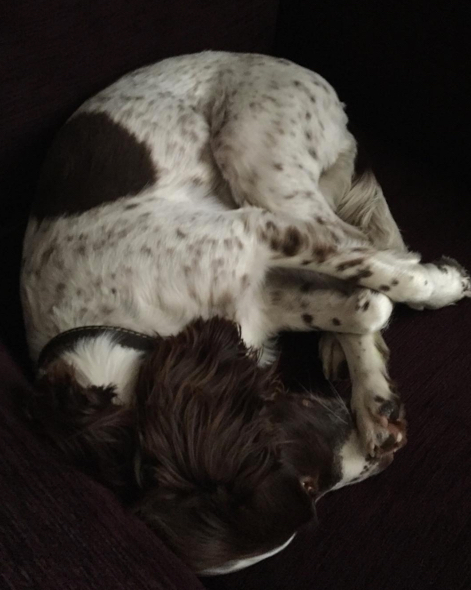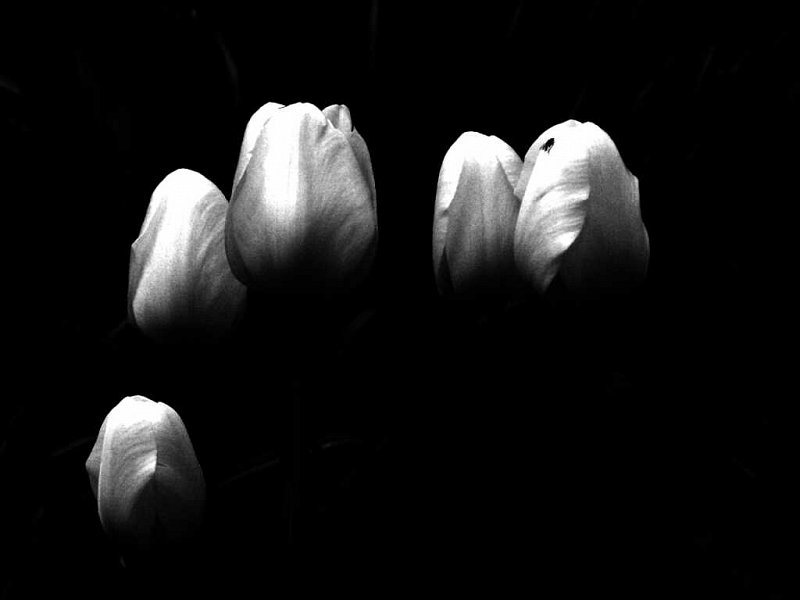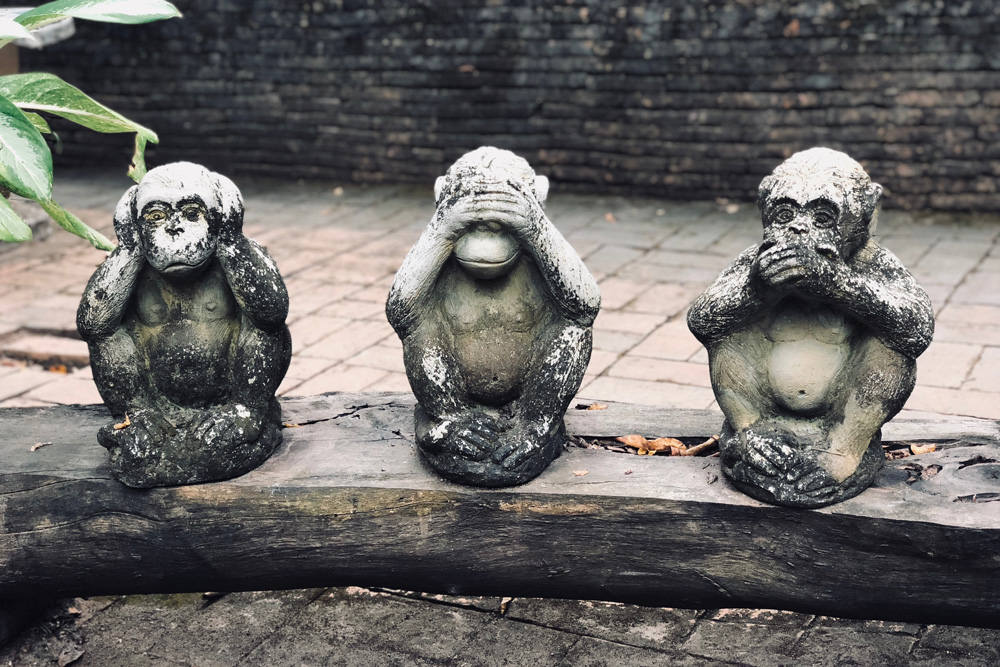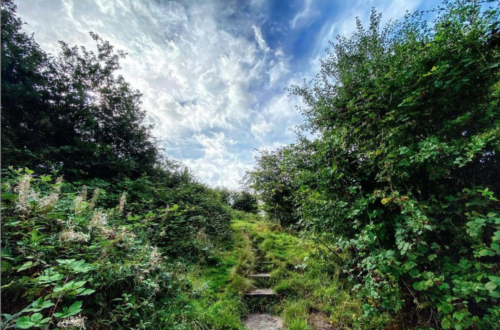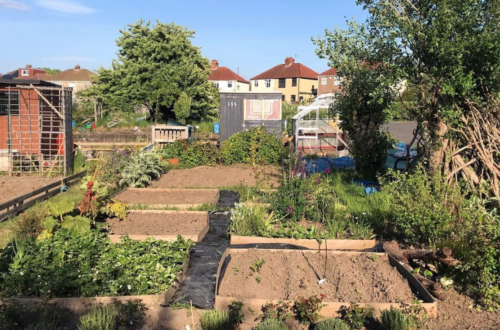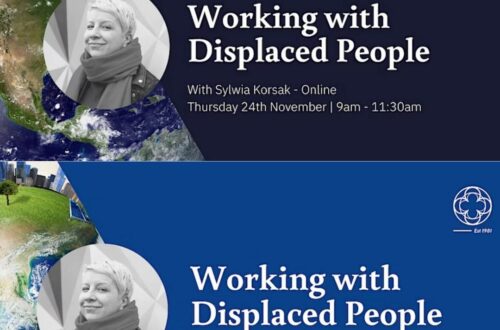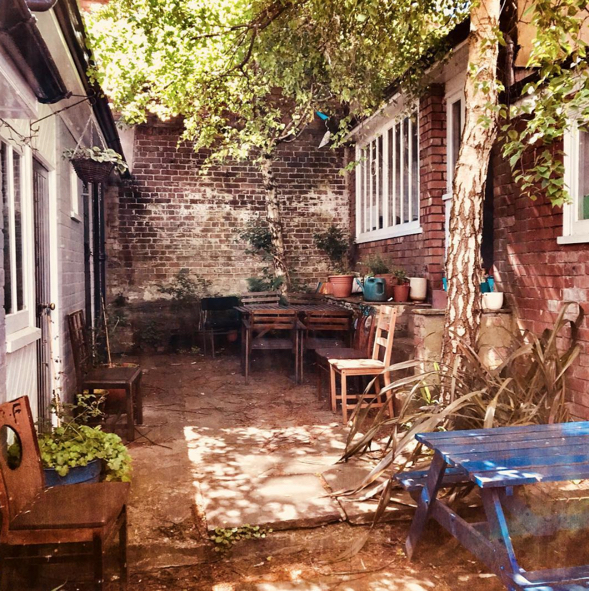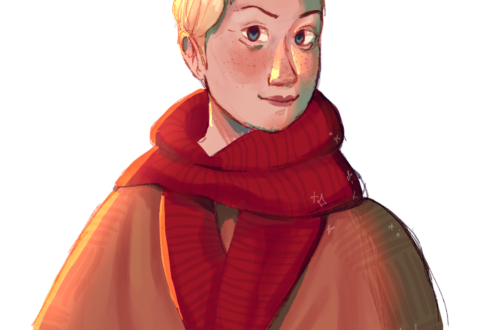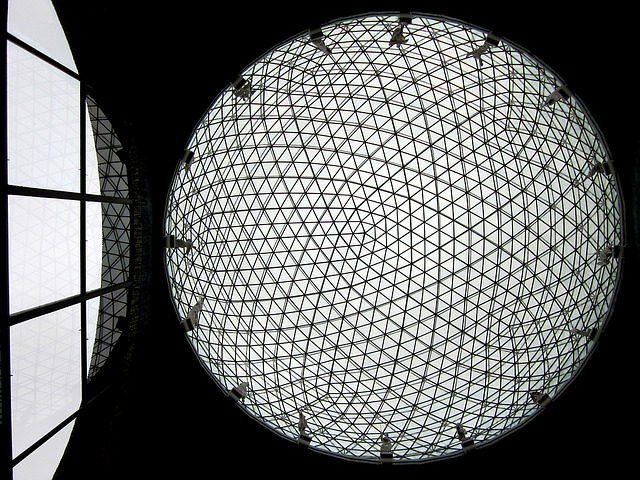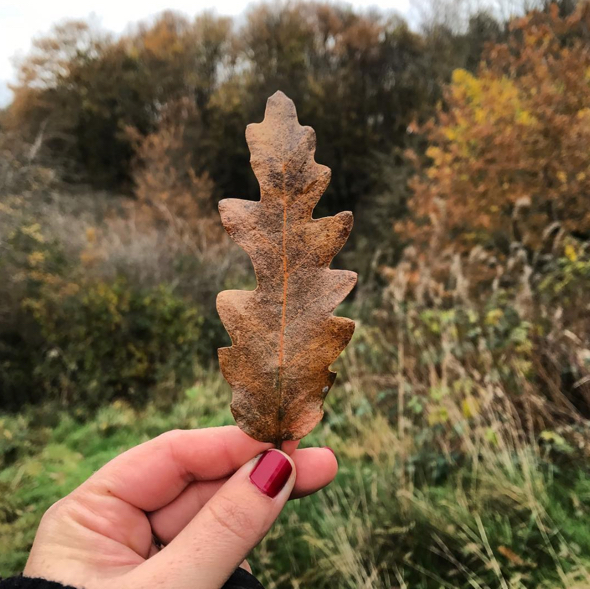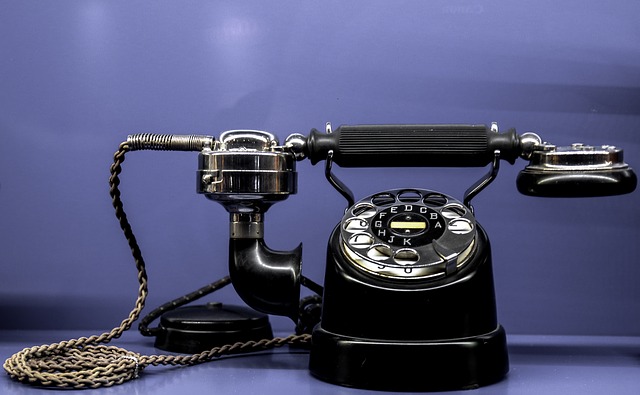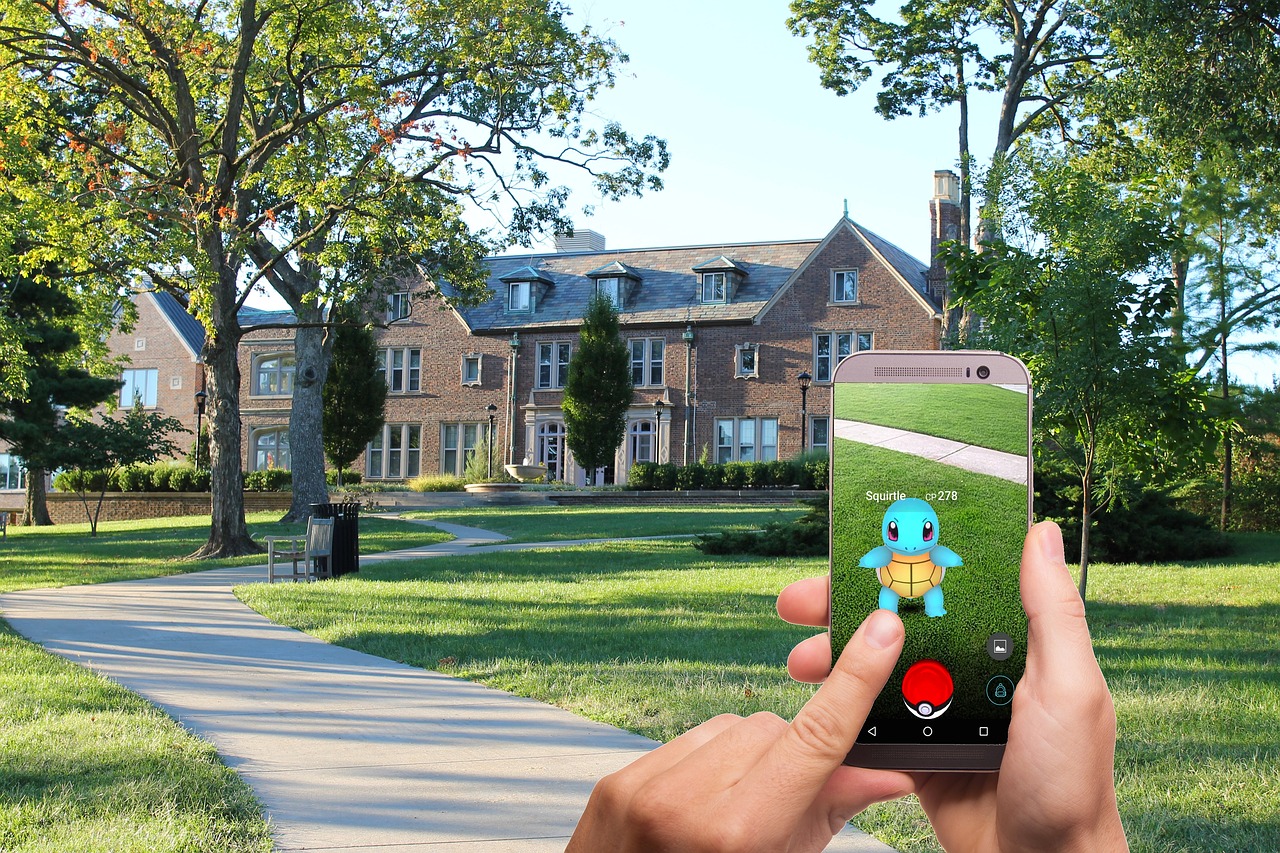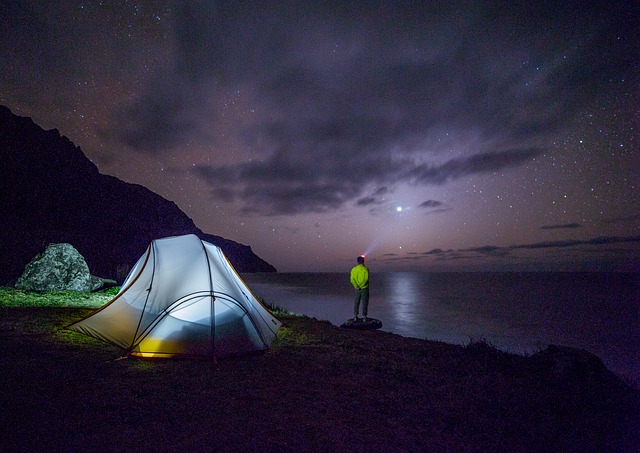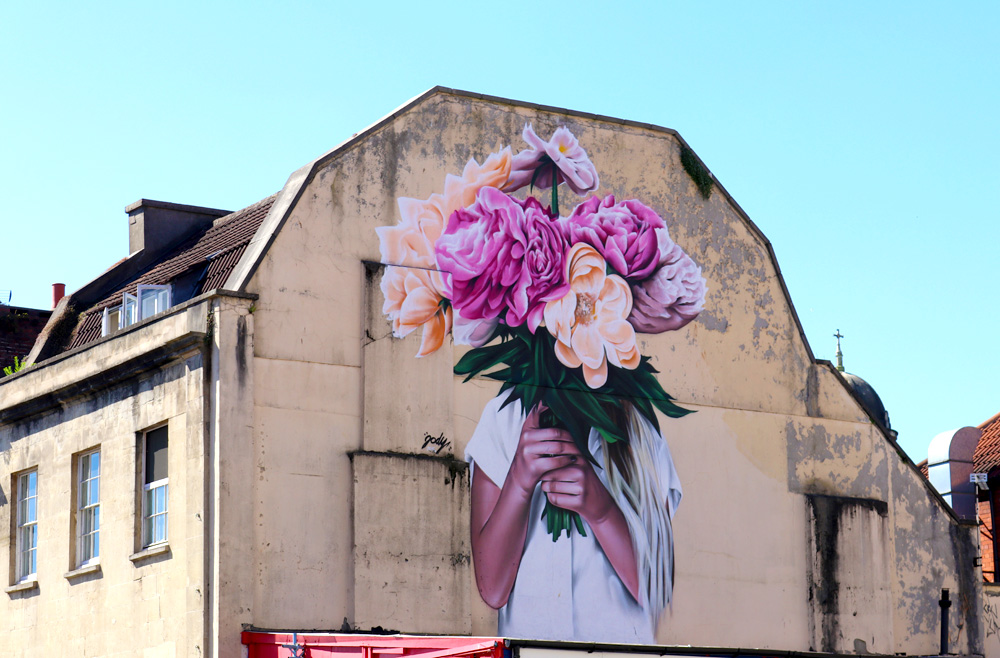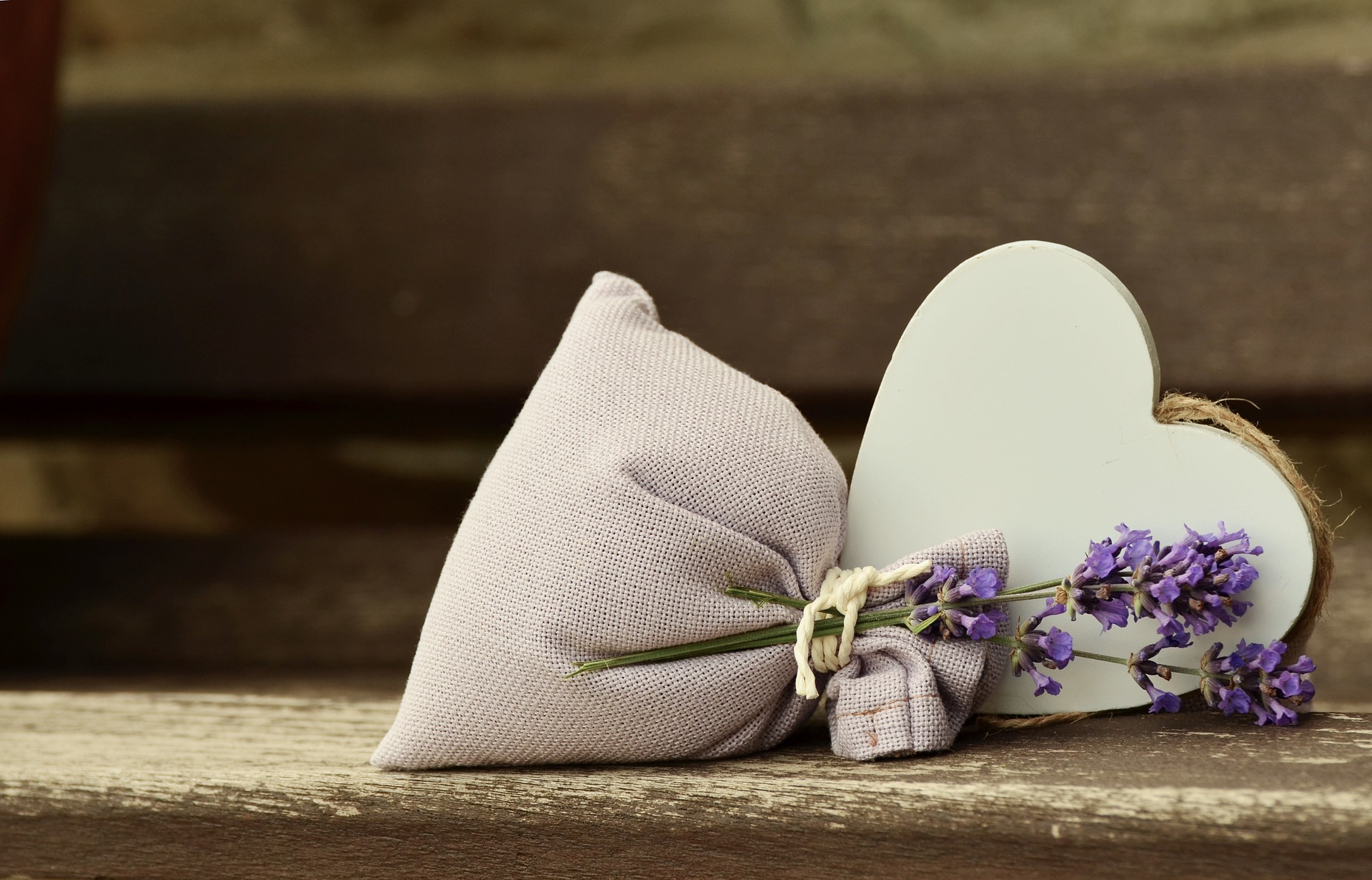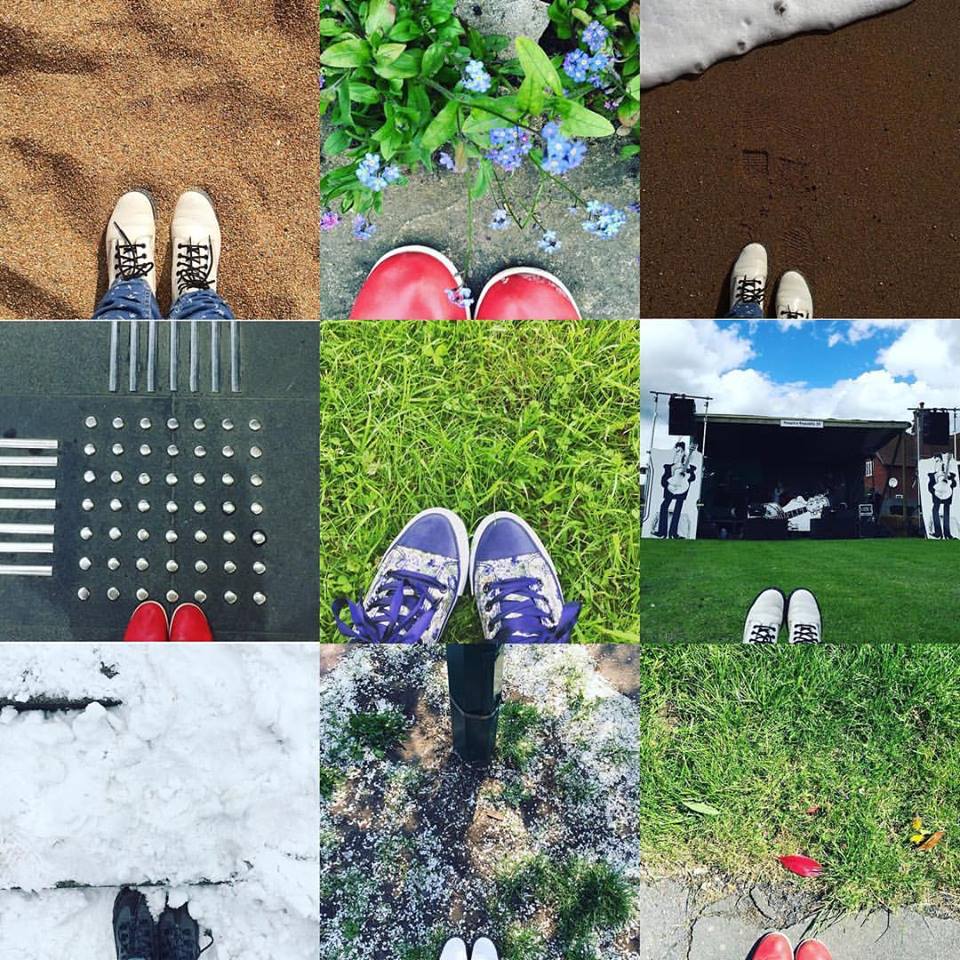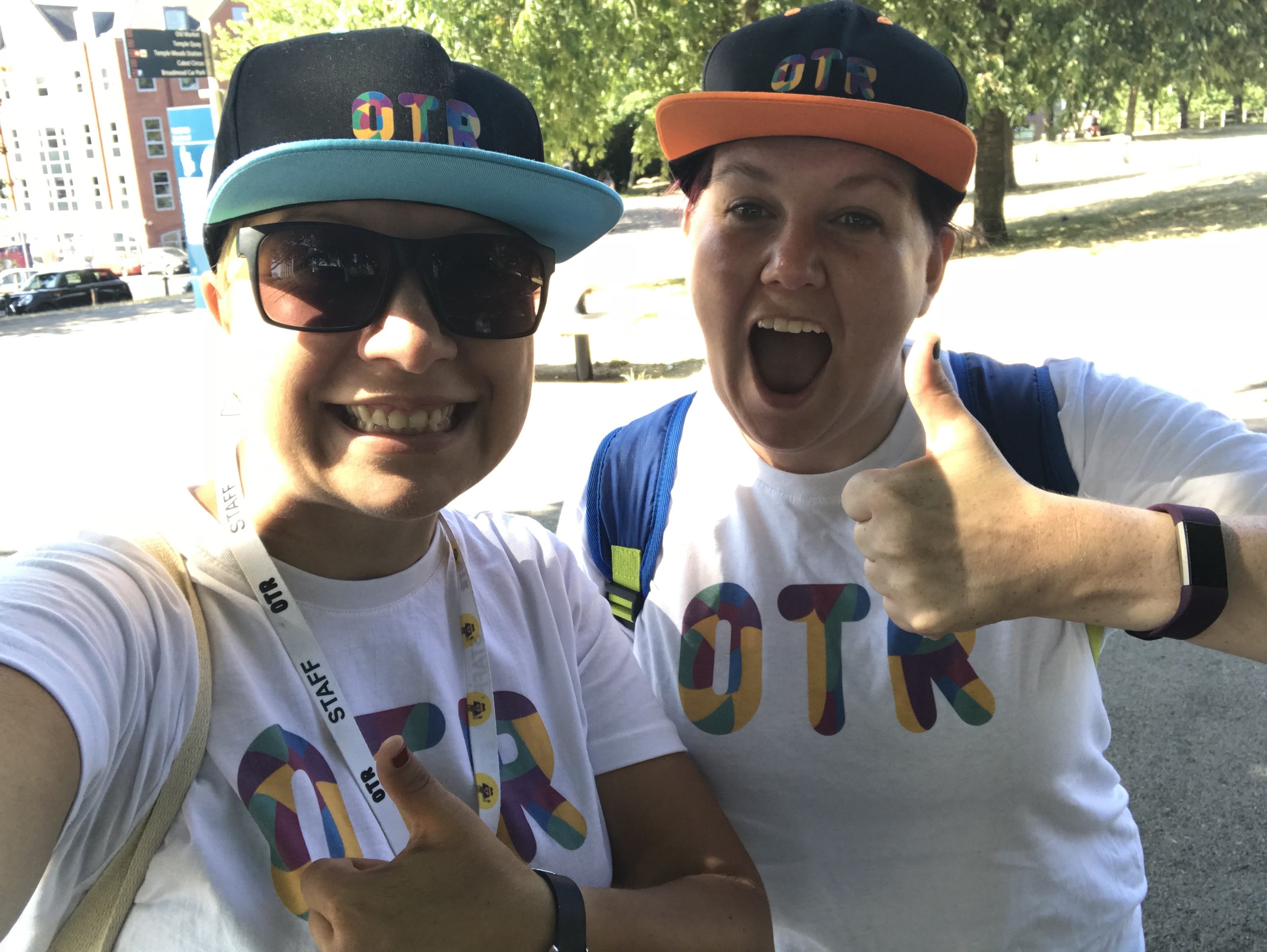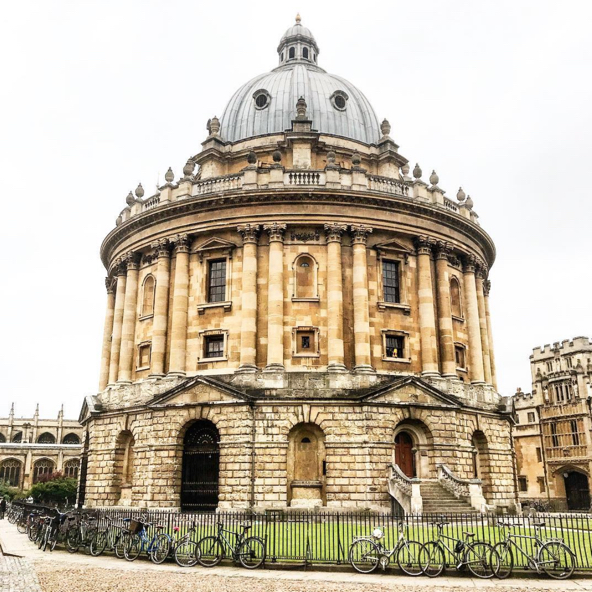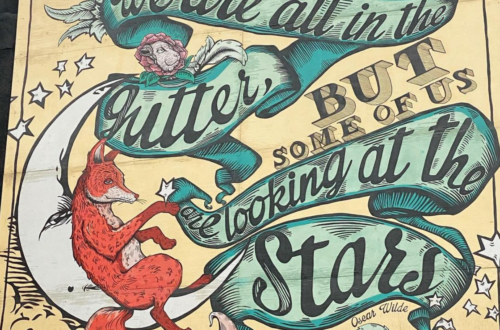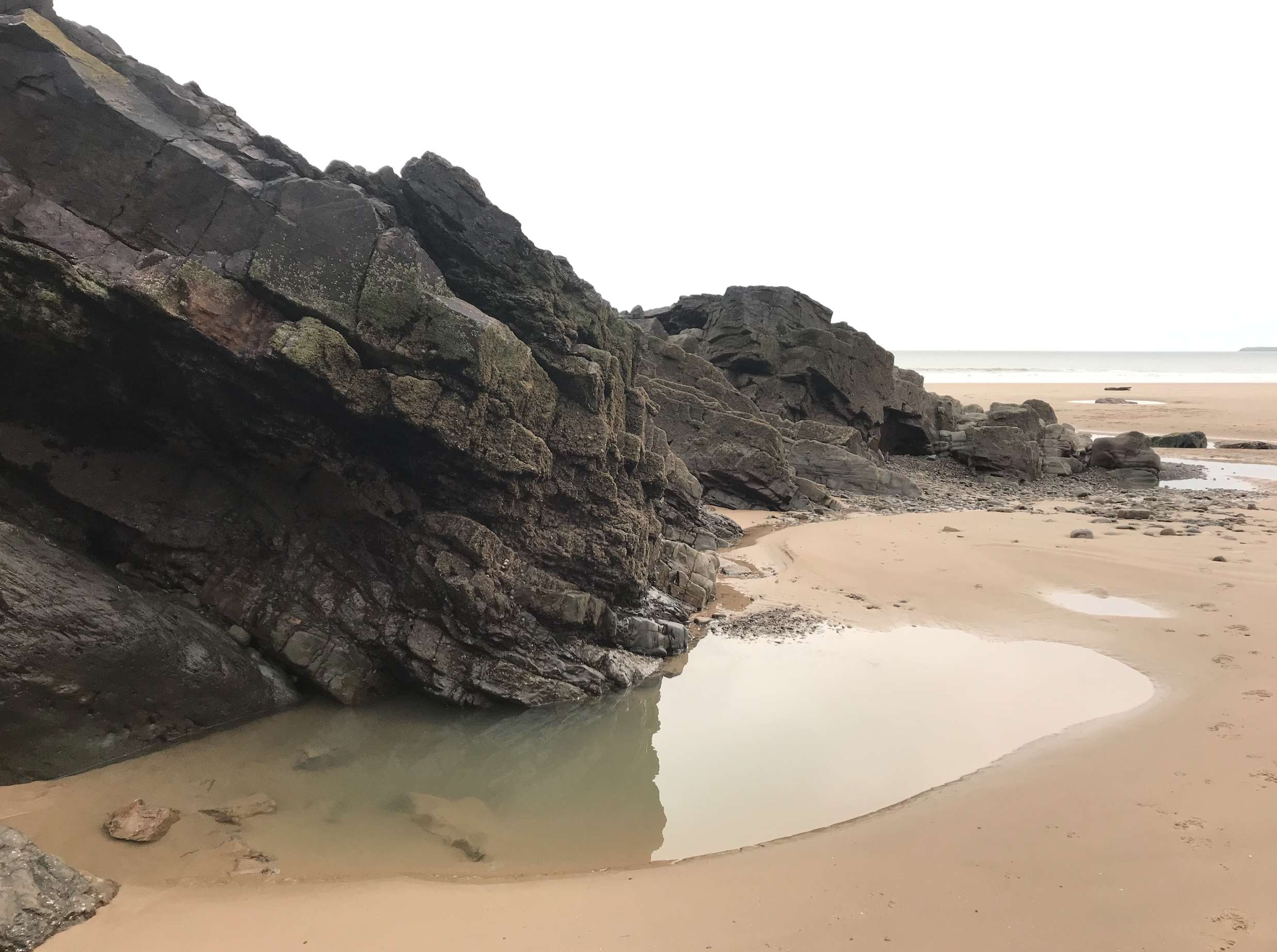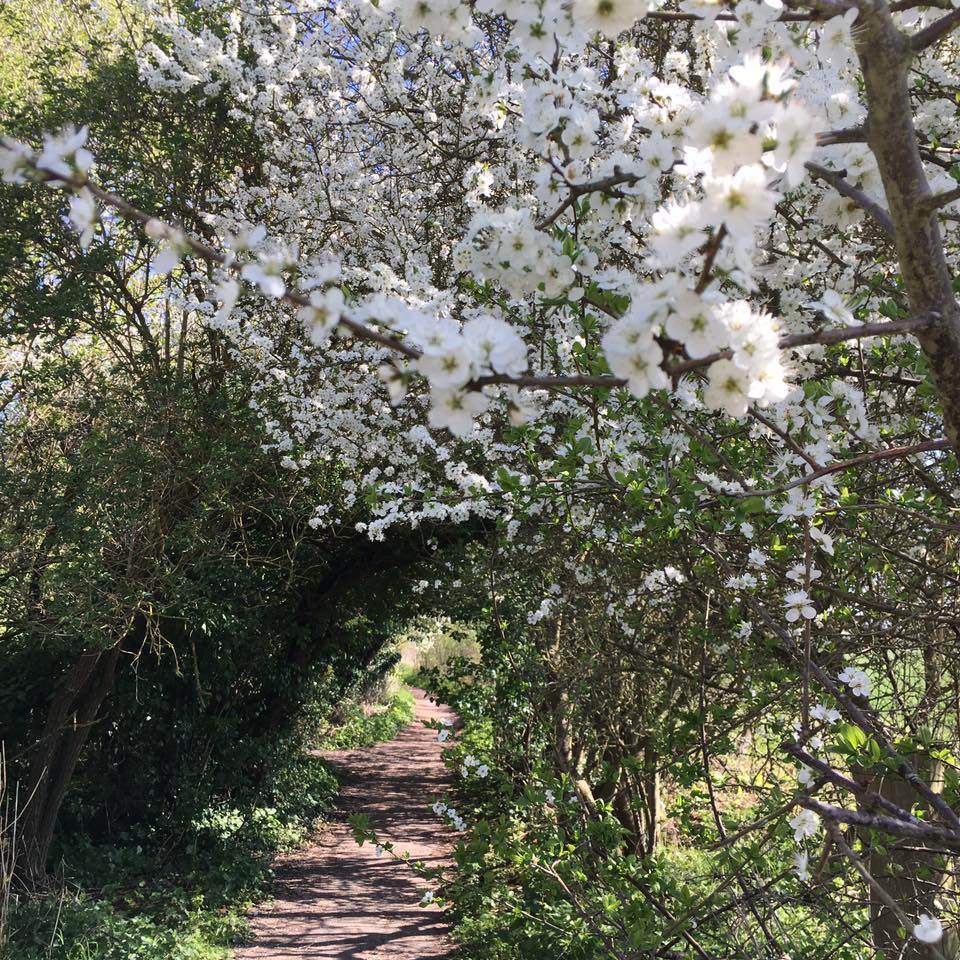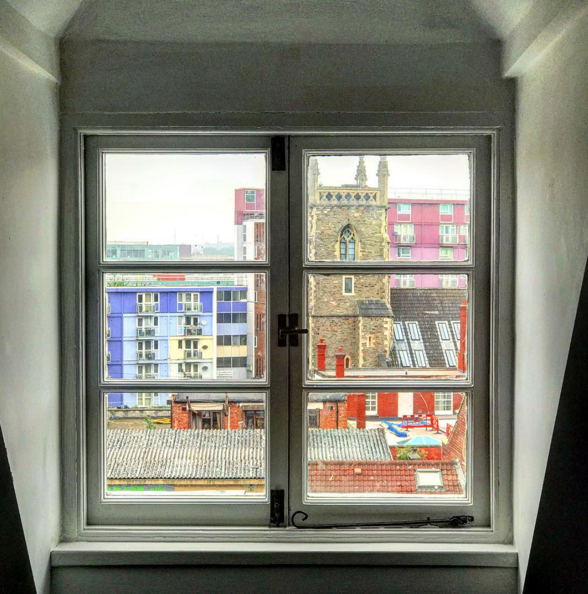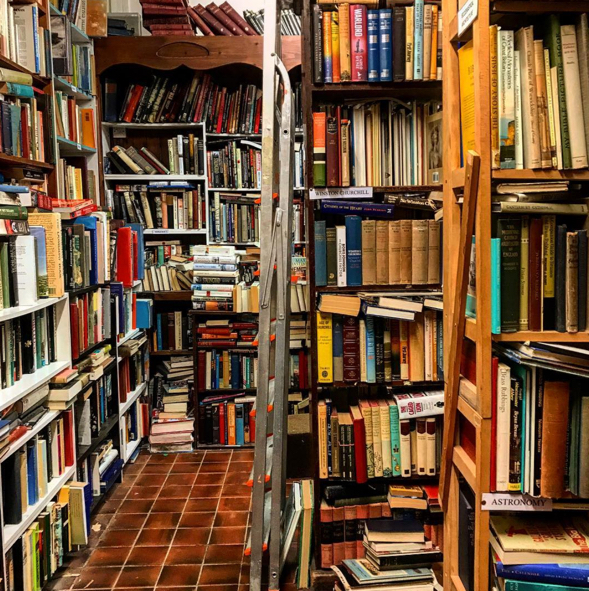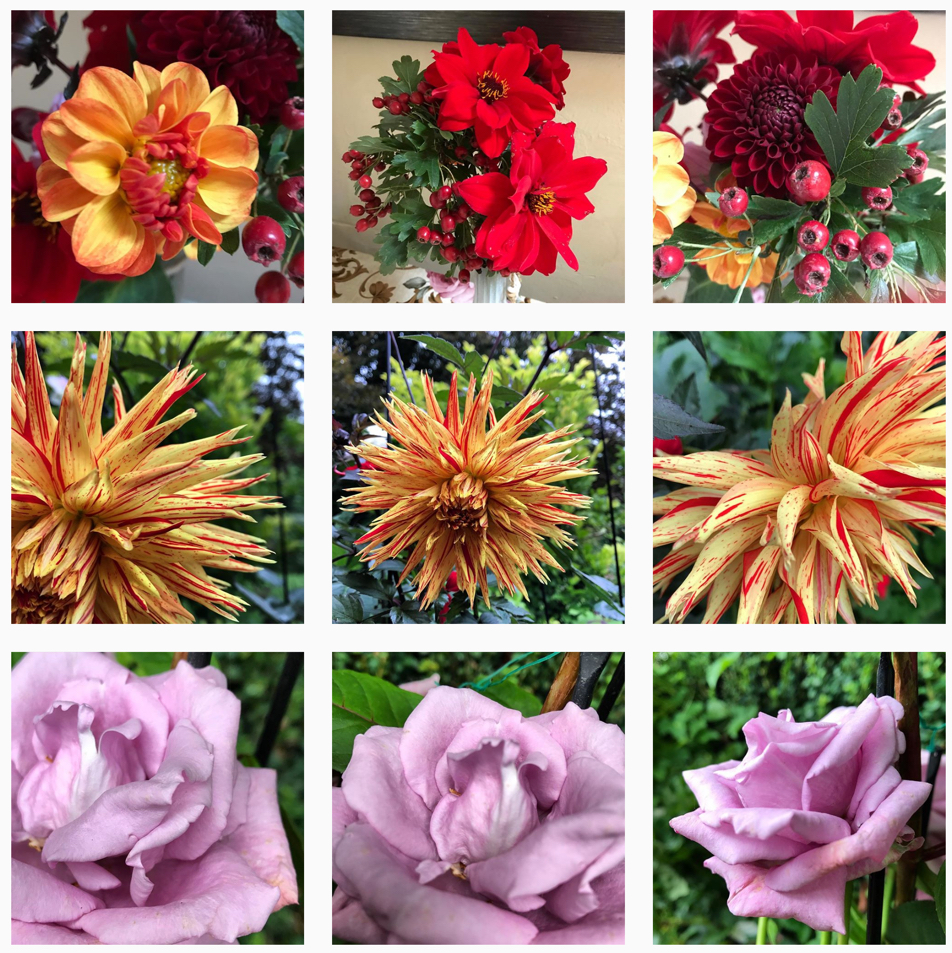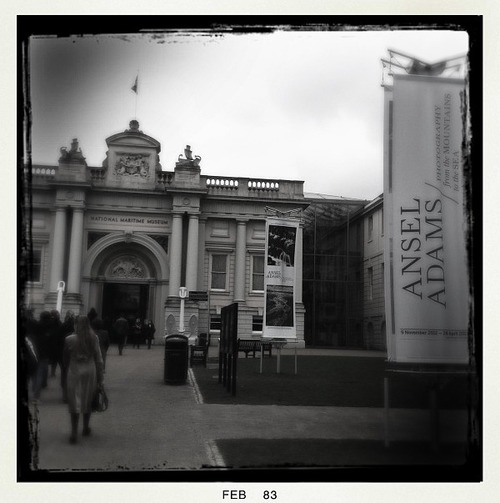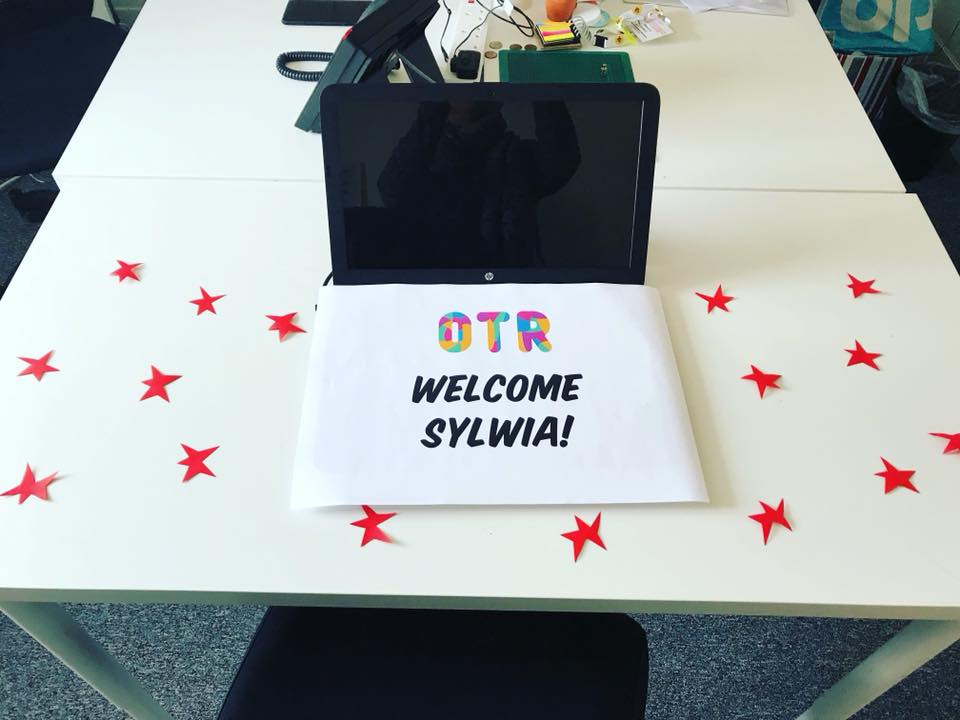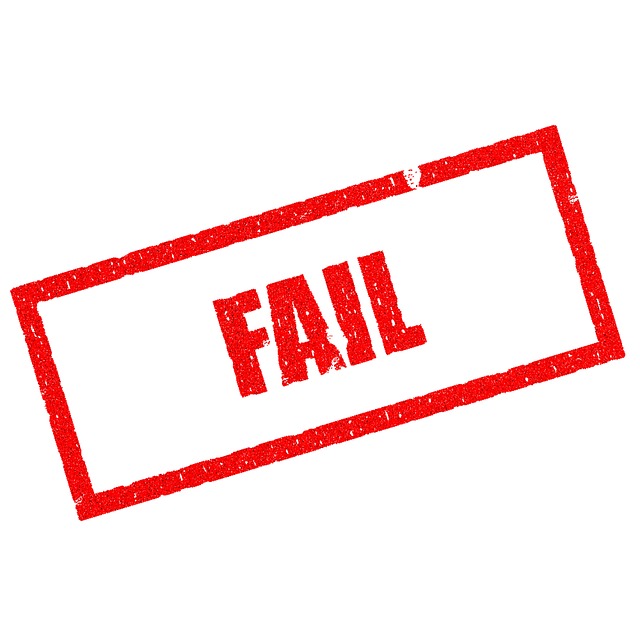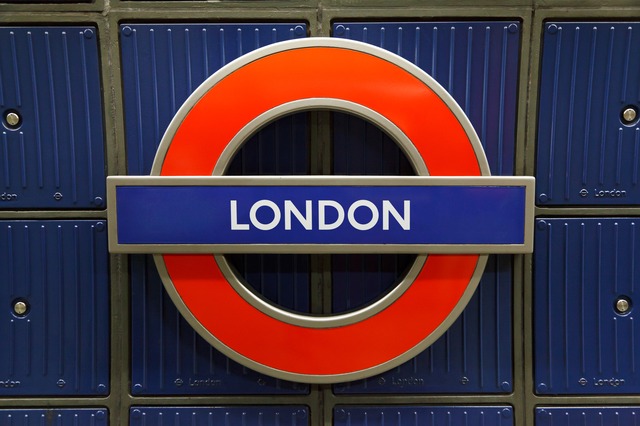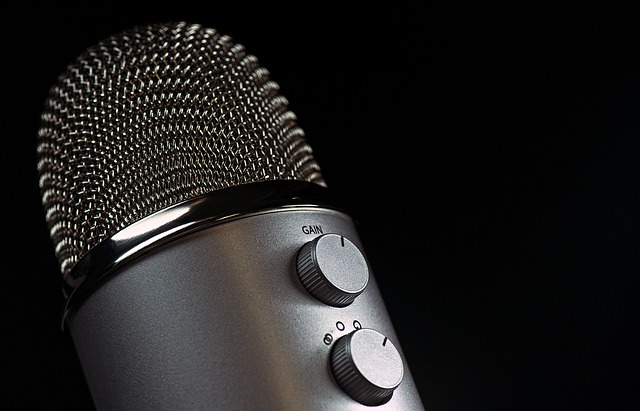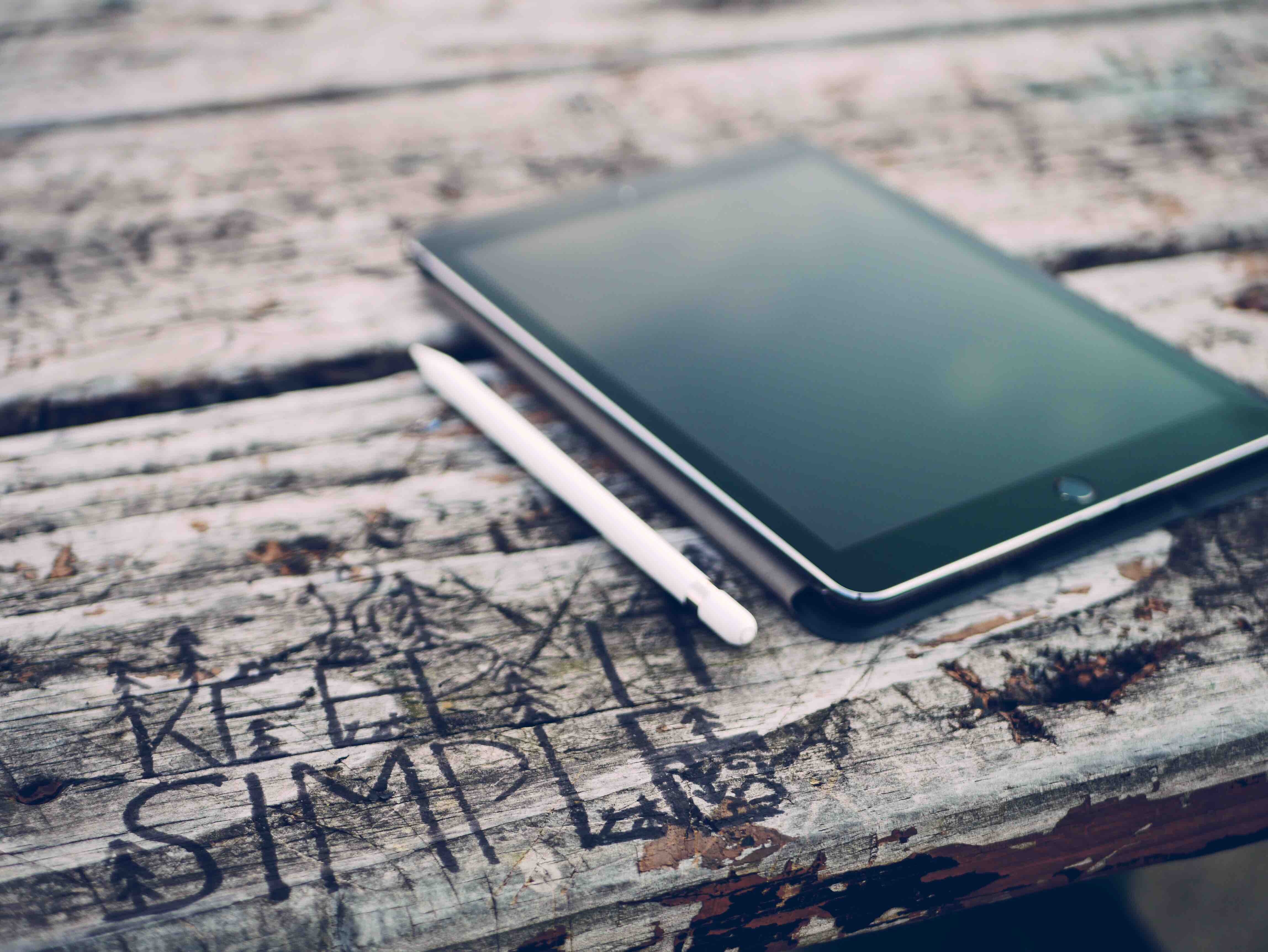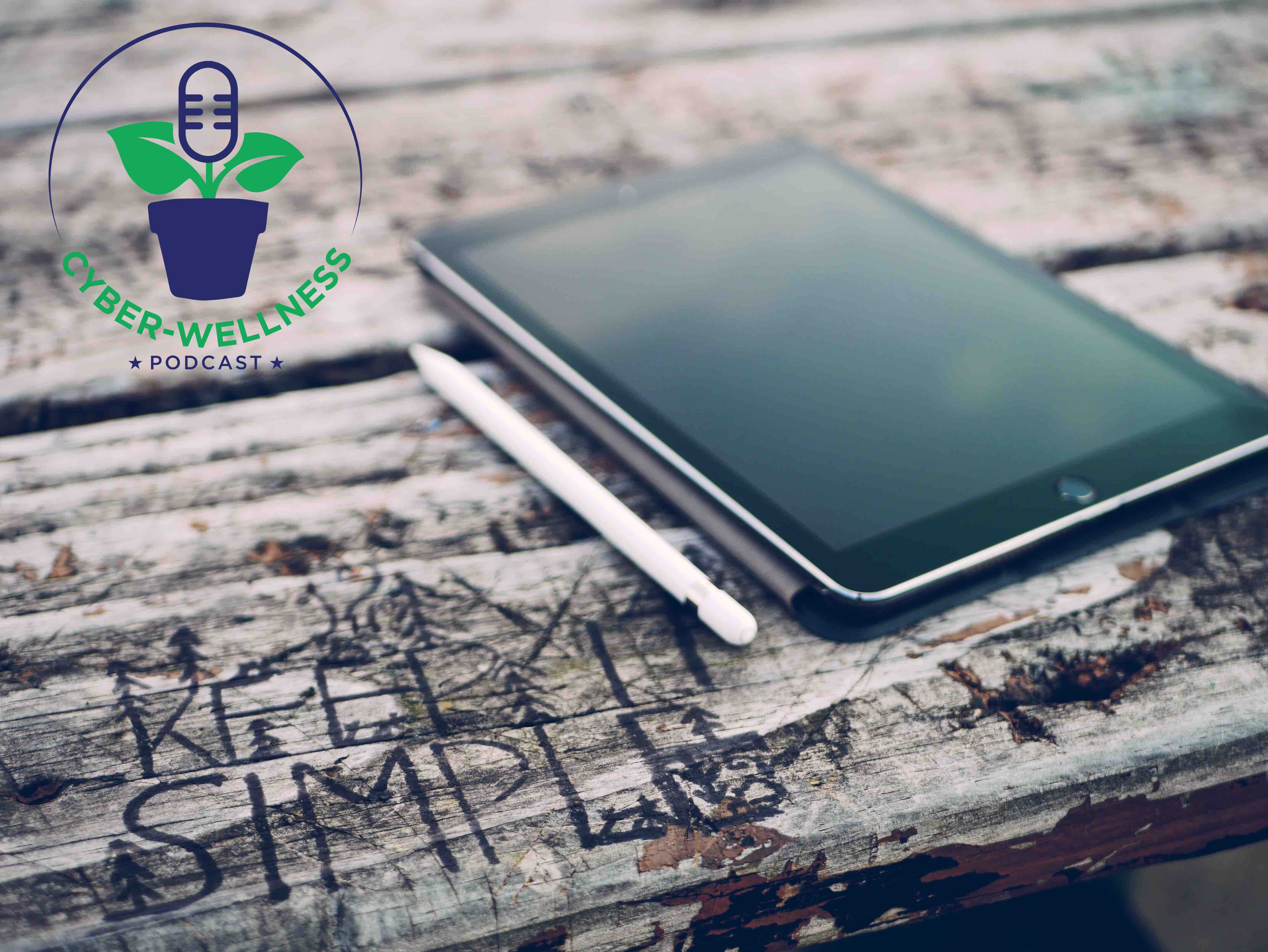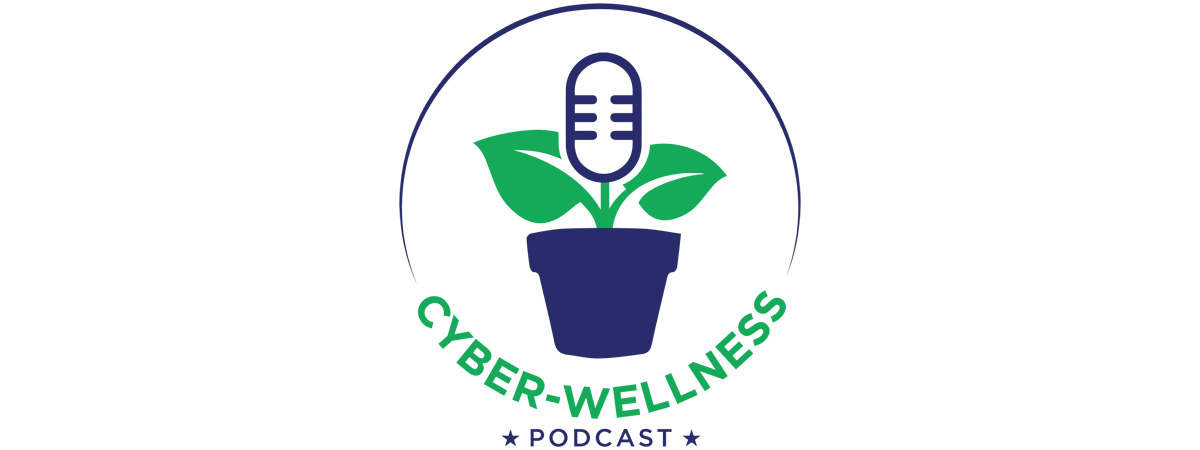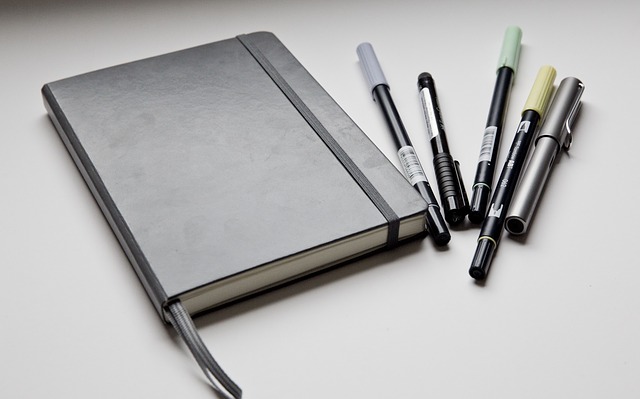-
Waiting

“I’ve learned that waiting is the most difficult bit, and I want to get used to the feeling, knowing that you’re with me, even when you’re not by my side.”
Paulo Coelho -
Three wise monkeys
I think about the Three Wise Monkeys sometimes, recently a lot actually. The symbolism of those rather famous statues is the maxim “see no evil, hear no evil, speak no evil”, but in the modern Western society, I think it is often interpreted in terms of individualism and involvement warning us not to peak into other people’s lives, not to listen to other people’s business, not to speak up and spread lies about others. I often think that we have lost the original, other interpretation of those three Japanese characters – one which relates to lack of involvement, turning a blind eye, ear and mouth to hide evil deeds… So I had a look at the origin of this story again:
The concept of the three monkeys originated from a simple play on words. The saying in Japanese is mizaru, kikazaru, iwazaru (見ざる, 聞かざる, 言わざる) “see not, hear not, speak not”, where the -zaru is a negative conjugation on the three verbs, matching zaru, the modified form of saru (猿) “monkey” used in compounds. Thus the saying (which does not include any specific reference to “evil”) can also be interpreted as referring to three monkeys.
[…]
“The Three Mystic Apes” (Sambiki Saru) were described as “the attendants of Saruta Hito no Mikoto or Kōshin, the God of the Roads”.[10] The Kōshin festival was held on the 60th day of the calendar. It has been suggested that during the Kōshin festival, according to old beliefs, one’s bad deeds might be reported to heaven “unless avoidance actions were taken…”. It has been theorized that the three Mystic Apes, Not Seeing, Hearing, or Speaking, may have been the “things that one has done wrong in the last 59 days”.
According to other accounts, the monkeys caused the Sanshi and Ten-Tei not to see, say or hear the bad deeds of a person. The Sanshi (三尸) are the Three Corpses living in everyone’s body. The Sanshi keep track of the good deeds and particularly the bad deeds of the person they inhabit. Every 60 days, on the night called Kōshin-Machi (庚申待), if the person sleeps, the Sanshi will leave the body and go to Ten-Tei (天帝), the Heavenly God, to report about the deeds of that person. Ten-Tei will then decide to punish bad people, making them ill, shortening their time alive, and in extreme cases putting an end to their lives. Those believers of Kōshin who have reason to fear will try to stay awake during Kōshin nights. This is the only way to prevent the Sanshi from leaving their body and reporting to Ten-Tei.
Not seeing. Not hearing. Not speaking up. Not doing (the fourth monkey included in some traditions). Not acting in the context of evil, nasty plans, the ability to stop yourself is crucial, of course. I think a lot of people underestimate the damaging power of not acting in a different context though: in the context of not helping, not speaking up, pretending not to hear, simply not getting involved. I volunteer a lot for mental health charities so I see the pain in my daily work. I see a lot of it in my daily life as well, but only small part of it comes from evil acts. The rest comes from the inconsiderate acts of silence. Sometimes I wish people could understand that not acting, not doing something kind might not be as drastic as acting against our will or invading our privacy, but it remains equally damaging. I think we have seen what liberal tolerance and not speaking up, not staying vigilant and purposefully kind, did to the world recently. So why can we not learn and apply this in our daily lives? Why can we not lean in and reach out beyond ourselves to each other? Why do we leave our society so cold and almost alien sometimes and think it is them, not us, that’s the root of the problem? Every day we wake up, go to work, rest, spend time together, count our blessings, possibly plan. But do we actually look out from our comfortable, safe place, just to check if others are safe and comfortable too? Are we actually responsible for each other? Are we willing to make effort for them?
I could leave this post at this, but I do not want to leave you with that drowning negative sense of hopelessness. I am simply asking those questions. I do not have the answers. But I do know that people can be and oftentimes are different – they do get involved, they do speak up and do stand up for others. They offer help even if you don’t ask for it. I see this every week at the OTR when every little problem is addressed. Where saying “if you ever need a coffee and chat, I am here” really does not cost much. Where stopping and asking “how are you?” is actually a question that requires a mindful response and results in a short moment of active listening. That also does not cost much at all. And the stakes are really high here for all of us. We need to get our act together fast to help our young people who are only entering this world and will come across a lot of ignorance and a lot of wise or not too wise monkeys.
I am glad that I can be where the change and action are happening. But you can be too: right here, right now, in your life. Give someone a smile or thanks in the street. Complement them at work. Check-in when you get back home. Make time for them after dinner. Listen to them hearing what they have to say – without judgement. Look at them with attention, look into their eyes (did you know that if people smile and we look into their eyes our mirror neurons fire and we automatically smile as well?). Speak up and say something nice, anything really. Every little moment of connection counts and leads to a long-lasting resilience and togetherness which is not intrusive but actually quite comforting and safe. Do it now!
(This post is prompted by my preparations for a 5K walk for OTR Bristol. If you want to help young people’s mental health and act this way, please donate here. As I am writing this I am £5 short of our goal so you might just be able to help us reach it. Thank you!)
Photo by:
-
Nowa praca, stare tematy
No to już miesiąc w nowej pracy, w której bardzo się odnajduję (terapia, ludzie młodzi, zdrowie psychiczne, media słoecznościowe i takie tam stare, bliskie sercu tematy). Czasami jeszcze jestem trochę w szoku, że w ogóle jest taka organizacja, i że ja w niej pracuje. Nie jest to moje główne źródło zarobków, bo jak wiadomo w organizacjach pozarządowych to kasy jest raczej niewiele (i niewiele być powinno, bo ma ona iść na klientów serwisu), ale dla mnie to idealne miejsce na tem moment w życiu. Bardzo lubię to miejsce z wielu powodów, ale przede wszystkim chodzi o ludzi, o wartości i o kulturę. Jak przyszłam do pracy z poważnym problemem trzy osoby zaproponowały mi “alarmowe wyjscie na kawusię” – choć ledwo się znamy. Bo w tej organizacji każdy ma własną historię ale też wie, że samemu wszystkiego się nie rozwiąże.
Po dziesięciu latach na pustyni;) zazynam wracać do siebie. A co za tym idzie i do pisania.
-
Pierwszy klient
Zakończyłam pracę z pierwszym klientem. Jestem pod ogromnym wrażeniem ich pracy (piszę bezosobowo, bo nie mogę nawet płci wspominać), ich szczerości i zaufania. To niesamowite, jak ludzcy się stajemy w spotkaniu ze śmiercią. Nauczyłam się prawdziwego piękna pracy w terapii i wiem już, że bardzo mi taka praca odpowiada. Wszystkie moje negatywne, ale też i pozytywne doświadczenia, bardzo mi się teraz przydają.
W miedzyczasie przestałam też brać nowych klientów w przerwie letniej. W życiu prywatnym doświadczyłam innej wersji śmierci – tej, w której nawet na jej progu są ludzie, którzy w ogóle się nie zmieniają. Nie na dobre…
A więc jestem prywatnie ale i profesjonalnie bardziej wyedukowana na temat naszych różnych perspektyw na śmieć. A co za tym idzie coraz bardziej szanuję swoje życie i to co mam. Nauczyła się dbać o siebie w taki sposób, aby umieć pomóc innym. Wcale nei jest to takie proste – czasami trzeba umieć powiedzić nie, czasami trzeba ruszyć dupę nawet jak już nie mamy siły. Wstawanie wcześnie rano w soboty czasem było trudne. Dojazdy do Oksfordu gługie (6h na 50 min sesji) i kosztowne. Ale warto, jeżeli ludzie to szanują. Warto.
(Na zdjęciu okno pokoju, w którym mieliśmy sesje – takie śliczne!)
-
Social isolation is a bitch
I find it difficult to talk about social isolation but I think my current fundraising challenge and new work at OTR Bristol is a good opportunity to start this topic on my blog. It’s also prompted by a comment I have posted two days ago in response to the new Facebook “WhatWeDoTogether” video served to some of us about the value of Facebook community. (Which is positioned to support your sense of community but really links to setting up new groups – Facebook’s attempt to take over the market of LinkedIn groups).I am a tech enthusiast and I believe in the power of positive psychology even though many therapists still cringe and dismiss this fairly new field. I agree that our positive outlook on life defines just how easy it is to cope with challenges. I just worry about the automated algorithmic solutions that most of the time get us but now and again simply hurt.I personally found the Facebook’s community video really painful to watch. Instead of featuring my friends it featured my selfies surrounded by stock photography. It reminded me of my long period of social isolation which I really don’t like to go back too. It triggered the memories of a small conservative town I lived in for ten years with hardly any friends there, and mostly very shallow, artificial friendships. Also a controlling friendship too, which did not help. (I also must add a bit of context: when I saw the comment about the Facebook video I was thinking about grief that day, which made matters worse, I might have overreacted a bit). But the responses and follow up discussion was very meaningful and bonding. Showed just how meaningful and supportive Facebook friend can be. They reminded me that beyond my town I really had a lot of valuable relationships that took me through that dark time, saved my sanity.But I still worry about social isolation. One can be ever so lonely in a large group of people, in the crowds even. We talk so much about the need to disconnect when what we really need is re-connecting: to ourselves, to each other and to our communities. I moved away from talking about politics but that does not mean that I have no political views anymore. I come from a childhood under Communism and lived a few changes of systems so I see and feel the times when the leading, privileged group of people aim to manipulate and control the “poor folk” (i.e. us) simply by turning us against each other, by making us feel less and weak and lonely. Because in a thriving community we feel empowered to ask, question and demand. Communities increase civic engagement and that’s not exactly what a leading party or any individual country leader would like to see. I just don’t think Facebook is here to solve that, we need to do it offline.But here’s the thing: social isolation only hurts if you are truly on your own. A fellow blogger posted a response to my comment which was kind, supportive but also firmly reminding me of other aspects of online social networks: by doing that she actually proved me wrong and reminded me about the power of validation. When we hurt and others listen, respond and act – it makes all the difference. We had an interesting training at OTR Bristol this week on why we do what we do and why we are a social movement not just a charity. I think new times are coming because people are getting fed up with being expected to solve all their problems on their own. I think social media contributed to isolation but also the realisation that individualism has its benefits but also pitfalls. We need to have time for ourselves, but we also need strong, supportive groups and communities. We need to thrive and remember about self-care, but we also need to allow others to take a good care of us when we are in need. We cannot and should not live in complete isolation.This is something that is most painful when you are young, so if you agree with the sentiment please support my 5K walk in support of @OTRBristol who tackle it already. Thank you! -
Walking, catching, supporting
It’s been over a month now that I have joined the OTR Bristol. Time flies! I still feel very overwhelmed with the kindness of people in the office and I still catch myself thinking: I wish I had this support when I was young.
I set up my own fundraiser page about a week ago and I was aiming to promote it, push it, ask for money and talk about OTR work a lot on my blog too. But life got in the way in a most ridiculous way and made this fundraiser truly relevant to me: I have received bad family news. I started grieving. Not really grieving for the people who are slowly slipping away, but for myself – for the childhood, I had or did not have. And so I have stopped my bereavement volunteering for now (I am obligated and quite frankly too close to the topic at the moment) but I know I can go back anytime. Things got a bit emotional in my private life and I started to think a lot about the reality of my childhood. I stopped posting and took time to rest and think. I spent a lot of time with my friends and family reminding myself who I am today and how I got here, but also where exactly I have started from.
We all have stories, you see, stories we do not want to talk about. I am always open about my controlling mother, ex, past friends and I am not worried about the current contacts assuming the role of an abuser – because a long time ago I have learned that I was never really a victim. E. Rosevelt said once: “One cannot humiliate you without your consent” and I think she was right, but there is more to power in a family set up. People who are close to us tend to assume they know us and can or would take advantage of our weaknesses. However it is their version of our relationship and we can still have our take on it, and that take can be very different. We can stop the power game simply by not getting involved. We can define our own boundaries and lines of safety with or without the involvement of the abuser. We just need to be clear on our self-worth and our own goals. This way, instead of hardening, we become even kinder and more empathic. It works. But we also have to keep our darker stories in mind and must never forget – because there are other people, young people, out there who need help today.
I did not have OTR, but I had teachers, priests, literary role models, friends and positive outlook on my future. There was always a part of me that knew my worth. I have experienced a kind, bonding fatherly love and I have received a great compass of values (not always applied, I’m not perfect, but at least known!). So after a week of contemplating my own, complicated childhood and a week of grieving the one I did not get to have, I have also realised just how far I have come thanks to all those good people in my past life. I wish I had a space and people like the OTR folk back when I was a young person – my own battles would have been much faster, stronger, more – but I had others who were there for me in smaller, slower experiences. I had hope and I knew kindness.
So today I have just one message to my readers: let’s stop for a moment and think of all those young people who need help, but also those who do not even understand the idea of hope, love and kindness. Let’s just for a second imagine how their reality must feel like.
.
And let’s have a very good look at our life, count our blessings and convert our experiences into hopefulness. I took my new Canon camera out and treated myself to time for photography. I took a few photo walks in this amazing sunshine and streets of Bristol, admiring street art and warm, friendly people. I planned another two walks with friends this week. I made time for art which always makes me feel a bit better. But here is the thing: I can do it because I spent 40 years of my life coming to this point, fighting and constructively converting my hate and pain into work and action. Which is why I love OTR so much.
So this is my first ask – I kindly ask you, if you are able to do so today, to donate to our 5K walk to help OTR teams help those who might just be young and hopeless now. Thank you!
Here is the full link: https://mydonate.bt.com/fundraisers/5kpokemonday – I will be walking, catching Pokemon and supporting an amazing organization! 🙂
-
Learning

“Live as if you were to die tomorrow. Learn as if you were to live forever.”
Mahatma Gandhi -
The world is OK

“The world is indeed full of peril, and in it there are many dark places; but still there is much that is fair, and though in all lands love is now mingled with grief, it grows perhaps the greater.”
J.R.R. Tolkien -
Welcome to the OTR Bristol – on mental health, life, choices and awareness
The timing of this post is important to me: I have started my work as a Community Champion for OTR Bristol (Off The Record – the Bristol-based organisation and social movement supporting, promoting and defending the mental health, rights and social position of young people). I am still working in social media. I am still studying and volunteering in counselling. I am still running my own projects (BIGOS UK and Cyber-Wellness Podcast). I am still posting and actually, after a long time of exploration and learning, I am coming back to sharing through this blog too. I am still a mum, a wife, a dog owner, a friend. I have time for all of this and each and every one of those areas of life makes me really happy and fulfilled.
This new job, however, marks a very important moment in my life. It is a culmination of an exploration journey I was on for quite a while and it almost feels like a result and summary of everything I did so far in my adult life. I cannot even explain how it feels – it’s still too overwhelming. All I can say is that I feel it’s the best thing that has ever happened to me. It is also a very natural, obvious next step of my journey and all the choices I have made in my life.
Aware choices are extremely important and I think that’s what this post is all about. It is really well timed for me for two reasons.
On one hand, it is the day before the European GDPR law becomes mandatory and so there is a lot of discussion about how companies, organisations and individuals are to become more aware of how they handle our data. Even though some of us know that this conversation is really delayed and some of its aspects are still really damaging (especially the real impact of the law on young people’s empowerment and voices around tech), I believe it is important to have the conversation around aware, informed decision-making process when it comes to how people use the social web – both as users, as well as service providers. It’s about time we spoke about it.
On the other hand, it is the anniversary of my most favourite speech which pretty much sums up my attitude towards life – “This is Water” by David Foster Wallace. You can listen to the full speech in the link behind its title or watch the shortened, really good visual interpretation of it here, embedded below.
This speech always moves me. It reminds me of my father and the way he raised me into this world: as an aware, emotional and critical thinker. My dad explained to me the importance of awareness, questioning, making time to think but also staying kind to myself and to other people. He showed me ways to restore my energy by learning and feeding my curiosity. He explained to me the power of acceptance so I knew from early on that if I do so: if I accept my limitations and push myself one more step on my journey I will create the most empowering habit of them all: the habit of hopefulness. David Foster Wallace was really relevant at the time of his speech and remains even so today.
We are seemingly facing a crisis in mental health, in technology, in politics, but actually from what I can tell we are really suffering from disconnection and in our isolated self from helplessness. But life and our outlook on it really does not have to be this way. Each and every one of us has a potential to think differently about what we have and what we are deprived off, for any reason. We all have the power of thinking, of awareness, of questioning and that of asking for help.
Which leads me to the main reason why I am writing this post. This week I have joined an organisation and a social movement of people who get this. I’ve met people (young and older) who really care for each other and commit to words, but also actions. My friends tell me that I am perfect for this job, but I think it’s the other way around: this job, these people are the place I belong to. At OTR Bristol people understand that our mental health is not a set of disorders but the water – the invisible, but the crucial power behind how we all function and hopefully flourish too. OTR Bristol is a place of kindness, openness, growth and hope. It’s not a place for naivety, nor ignorance – it actually requires a lot of critical thinking, commitment and self-growth. It helps ideas, but more importantly, it helps people thrive. In the first three days of my work there I have learned a lot about people and about myself. My attitudes, my ideas, my input were accepted and multiplied. And I have not even started the actual hard work just yet. I know that this is the perfect time for this step in my life – thanks to all the mentors in my life and thanks to my own aware choices. I know that the results of my work will benefit many young people and ripple out to many more out there. I really hope that I can do my best to turn those ripples into waves. I really hope that I will be able to create currents that will help those stuck in the void of helplessness see the water and its benefits. We are all capable of this, it’s just that some of us might need a little help to make it work. That’s why we need to work towards togetherness and connection, and we really need to look out for each other. The unique places like the OTR Bristol are already doing it and so this is my little contribution too. I hope I will do it well.
-
Why Cyber-Wellness Podcast?
You might have seen on social media channels that I am currently working on a podcast investigating the impact of digital technologies on our wellbeing.
Here is a little bit more background I have written for the podcast blog – the full article is here.

___
Cyber wellness is a combination of two concepts: digital literacy and wellbeing. The concept is currently widely used in Singapore by the Ministry of Education for digital literacy projects for young people at schools to ensure that they are all using the web safely but also proactively make the most of it.
There is a lot of discussions now, in 2018, about the increasing importance of mental health and the negative impact of the web on our health, but we feel that conversations are not balanced. On one hand, we have technology developers and providers, practitioners and fans promoting and enjoying the digital landscapes. On the other hand, we have regulators, educators, health professional and parents who worry about the impact of technology on children,m young people and on adults.
In January 2018 WTO introduced gaming addiction as an official disorder. America’s Association of Psychotherapists included the Internet Gaming Disorder in its DSM-5 pointing out the need for further study. Health practitioners warn us about the impact of screen time, FOMO, isolation and gaming addictions. New game addict retreats appear on the market all around the world.
Technology is used to improve our health and mental health. We see smart tech and health monitoring devices entering our everyday lives. We see health data collected via the main mobile platforms and used to improve research. We see medical field benefiting from various areas of tech innovation. We use apps to improve our every day health and wellbeing: fitness, diet, mindfulness, gratitude and creativity.
The common discourse is focussed mainly on the negative impact of digital on health, but it is based more often on myths than actual findings. Scientific research on the impact of digital technologies on various aspects of our wellbeing is still very rarely considered in the public discourse.
Cyberpsychology is a relatively young science studying important themes like comparison and low self-esteem, depression, social isolation, negative relationships, FOMO (fear of missing out), sleep deprivation, addictive behaviour, eating disorders, social media and ADHD, positive correlates of social media, social media and memes, psychotherapy in cyberspace. Since 1995 we can read about it in the Journal of Computer-Mediated Communication. Since 2007 we can enjoy their findings in the Cyberpsychology: Journal of Psychological Research on Cyberspace. There is also the Journal of CyberTherapy & Rehabilitation, as well as Cyberpsychology, Behaviour and Social Networking journal.
The impact of the Internet on our wellbeing is also included in our very own UWE Psycho-social research here in Bristol and specific areas of UWE work – for example, work done by Dr Amy Slater and her team around body image.
In Oxford, Dr Andrew Przybylski researched the impact of online games on children. His research showed that a moderate amount of online gaming resulted in better-adjusted children that those who did not play any games at all – which can be linked to the new media but also lifestyle our children grow up in. Sonia Livingstone described the changes in family life and the new media landscape in her 2002 book: “Young People and New Media: Childhood and the Changing Media Environment” describing area of family life we sometimes discard but that have a significant impact on our media consumption: for example the fact that our children grow up in isolation from their peers in the offline world (driven to school, taken to groups, not allowed to socialise freely offline) so the online channels provide them with new, alternative ways of connecting with peers, playing and learning. Susan Greenfield (also based in Oxford) wrote a good summary of the relevant research in 2014 in her book “Mind Change: How Technologies are Leaving Their Mark on Our Brains” only to conclude that way more research is needed to understand this topic. She herself continues her work in this area.
Sonia Livingstone based in London is since a few years now involved in the EU wide study on the impact of tech on children and families. The research results are published in the regular EU Kids Online reports and impact the way the International Safer Internet Day is celebrated. In the recent few years, we have noticed the purely negative sentiment shifting towards the need to build strong digital skills amongst both children, as well as their parents. In February 2018 Livingstone and team published finding showing the positive impact of technology on the quality of life in families but also increased the need for parents to know that their children are actually safe online.
Dana Boyd, an MIT researcher focussing on teenagers and their use of social media, points out that we need a good definition of what we mean by “safe Internet”. She published her findings in her book in 2014 “It’s Complicated: The Social Lives of Networked Teens” describing her extensive research in important areas: privacy, online identity, addiction, dangers and bullying, inequality and literacy – and generally asking young people how they manage their lives in those new channels. Her findings are certainly not as negative as the discourse in the mainstream media.
Jane McGonigal, American game designer advocates the use of digital technologies to channel positive attitudes and explains a lot of positive effects of games in her 2001 book “Reality is Broken: Why Games Make Us Better and How they Change the World” tapping into findings from also a fairly new field of positive psychology.
At the same time, the public discourse around mental health and wellbeing increasingly mentions the negative impact of digital technologies: information overload, need to rest from screens, fear of missing out, online bullying, addiction to online games and the overwhelming sense of increased social isolation. We do also see increased levels of addictions related to the Internet and studies showing that the social web tends to exaggerate the tendencies we already have (if they are positive, the impact of the web is positive too; if our habits and tendencies are harmful, the social web might make them more impactful too).
In the marketing and business world, it is widely recognised that addiction to mobile and other tech devices is fuelling stress and burnout and has been linked to anxiety and depression. Increasingly, a number of research and partnership initiatives are being put in place to address the positive and negative effects of cyber-overload and how to achieve a state of cyber-wellbeing.
April 2018, saw the Pew Research Center launch their extensive report: ‘The Future of Well-being in a Tech-Saturated World’ which explored at length the positive and negative aspects of digital life on people’s health, mental fitness and happiness. While in May 2018, Thrive Global, set up by cyber wellbeing pioneer, Arianna Huffington whose mission is to end stress and burnout, announced an important partnership with MindShare Partners, whose mission is to ensure that those suffering from mental health and burnout conditions in the workplace get heard and helped to thrive. Just these two key areas of activity in the cyber-wellbeing arena from Pew Research and Thrive Global in Spring 2018 – let alone myriad other similar initiatives – are a clear indicator that the complex topic of cyber-wellbeing is driving an ongoing debate around the world. As podcast authors of Bristol’s Cyber-Wellness Podcast, we hope that our own podcast findings can serve to make a small contribution, from Bristol to the global debate around cyber-wellbeing.
The mental health provision in the UK is based on the 2008 New Economics Foundation report “5 Ways to Wellbeing”. The report outlines core recommendations for improving our overall well being and serves as a basis for the overall provision of talking therapies around the UK until today. Connect, keep active, take notice, keep learning and give are recommendations resembling core findings of positive psychology. The report also mentions the value of nature, healthy diet and meaningful work. Many of those recommendations are aligned with findings published by Johann Hari in his book “Lost Connections: Uncovering the Real Causes of Depression – and the Unexpected Solutions” about underlying causes of depression. Harri suggests looking at the roots of our mental health problems and instead of disconnecting, even more, finding ways to reconnect with our communities, meaningful work, values and with nature. We do not really know if digital technologies would play a positive or negative role in this process.

__
You can find out more about the Cyber-Wellness Podcast here. You can listen to the first episodes here.
